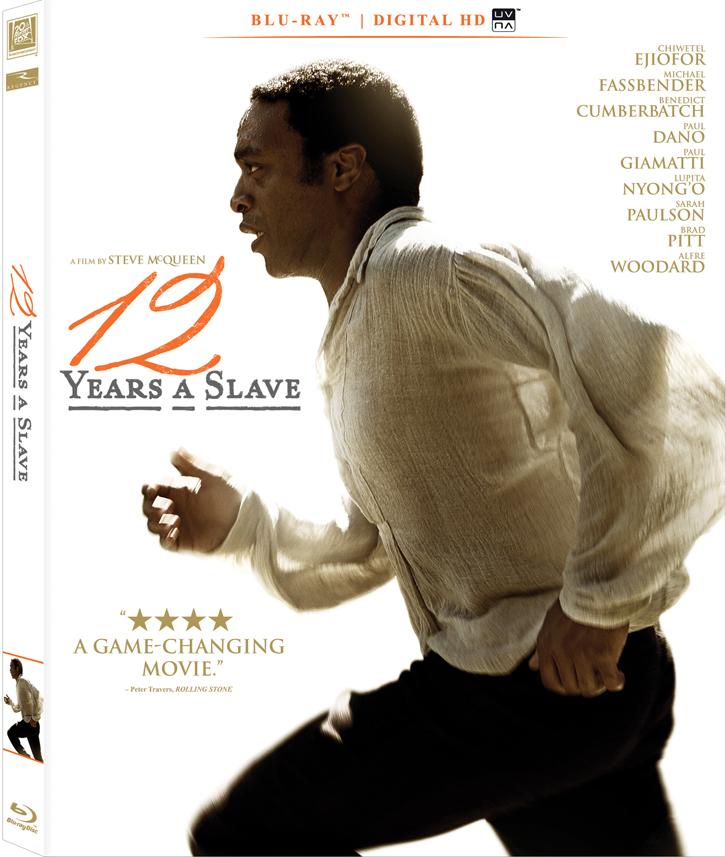2014 Oscars break racial obstacles in media (Editorial)
12 Years a Slave has been nominated for 408 awards overall, winning 215 of them.
March 10, 2014
On February 24th, the 84th Academy Awards took place. The film Twelve Years a Slave had nine nominations, winning in the Best Picture, Best Supporting Actress, and Best Adapted Screenplay categories.
The film was directed and produced by Steven McQueen. This is a significant accomplishment, as he is the first black director to achieve an Oscar for his work.
Historically, only five films directed by black people have been nominated for Best Picture, including Twelve Years A Slave. While there is a chance it is strictly due to the quality of the movies, there has been a long history of “whitewashing” in mainstream media. Whitewashing is used more recently to refer to the neglect and suppression of non-white people and cultures.
There is some controversy over whether or not whitewashing is evident or real in media and pop culture. With a large international market around skin lightening creams, the gap between hired and accoladed non-white actors to white actors, and even a recent outcry against a Cheerios commercial featuring an interracial family, it’s hard to deny that there is media bias.
Especially in the more recent years, Hollywood is seeming to move away from this culture, including more non-white roles, and hiring more non-white producers, directors, screenwriters and others. The proof of it is in the movie industry only recently awarding actors and film makers, some long overdue for accolades.
Such circumstances may have prevented past films, directors, or producers from winning. However, this does not lessen McQueen’s success, but makes it more significant. His win joins the more recent achievements of others, such as Alfonso Cuarón being the first Latino to win Best Director this year, for his film Gravity. These accolades are important, as they pave the way for more non-white directors and producers to succeed.






























































































